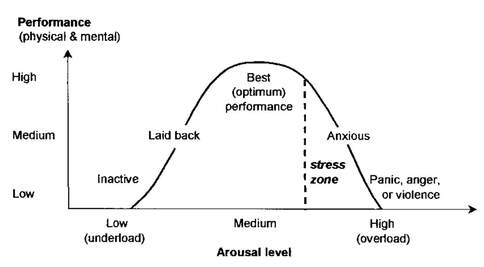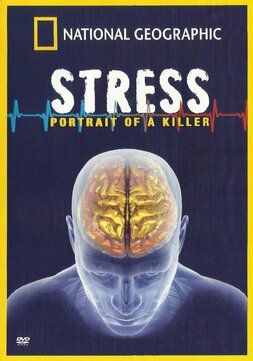Stress can have both physical and emotional effects on your body, although stress itself varies on the severity of its effects. Not all stress is bad stress!
Positive events tend to stimulate what is called EUSTRESS, which motivates and focuses your energy, feels more exciting, and can heighten your performance.
In contrast, negative events tend to produce DISTRESS, which is experienced as unpleasant and overwhelming. Distress can lead to physical and mental health challenges when....
In contrast, negative events tend to produce DISTRESS, which is experienced as unpleasant and overwhelming. Distress can lead to physical and mental health challenges when....
- it becomes too high (too many demands and you don’t have enough resources to meet the demands)
- high level stressors come too frequently
DID YOU KNOW???? If you regularly experience stress, over time...
- Your cognitive functioning (attention, concentration, memory, thinking clearly) can suffer. That's a big deal for keeping up with school!
- Your immune system will be less effective. That means you will be more likely to get ill or stay ill for longer.
- You will be more likely to gain weight and are at greater risk for developing disease (e.g., diabetes)
|
Want to learn more about how stress affects your mind and body? Check out this documentary!
|
Over the last three decades, science has been advancing our understanding of stress—how it impacts our bodies and how our social standing can make us more or less susceptible. From baboon troops on the plains of Africa, to neuroscience labs at Stanford University, scientists are revealing just how lethal stress can be. Research tells us that the impact of stress can be found deep within us, shrinking our brains, adding fat to our bellies, even unraveling our chromosomes. Understanding how stress works can help us figure out ways to combat it and how to live a life free of the tyranny of this contemporary plague. In Stress: Portrait of a Killer, scientific discoveries in the field and in the lab prove that stress is not just a state of mind, but something measurable and dangerous.
~National Geographic |
Proudly powered by Weebly


